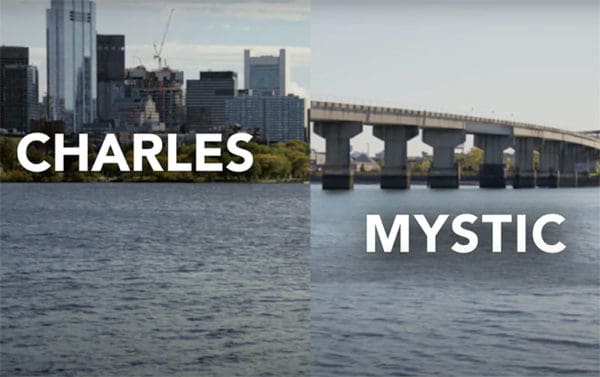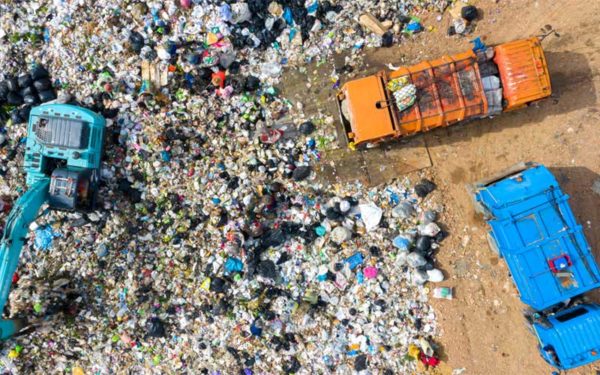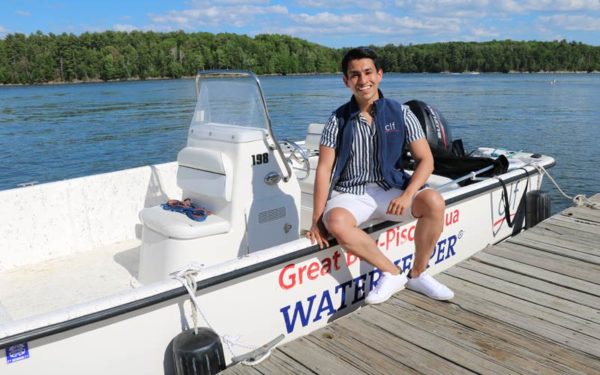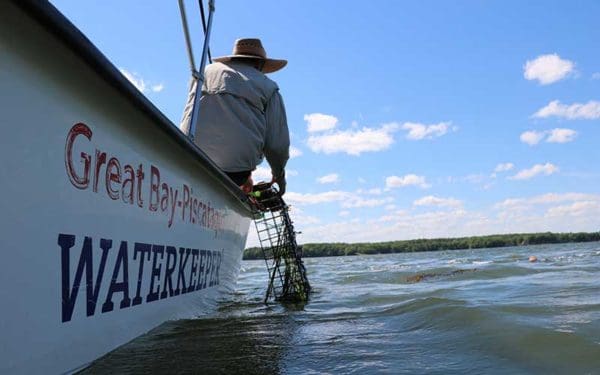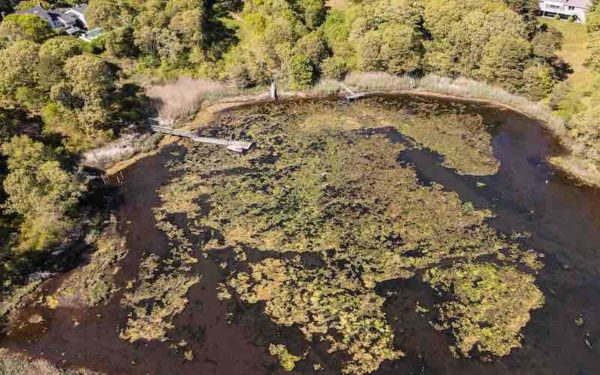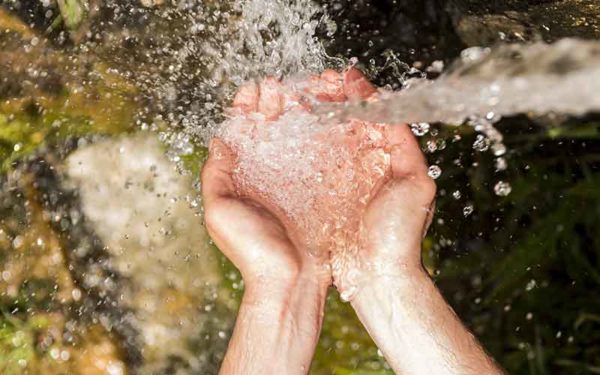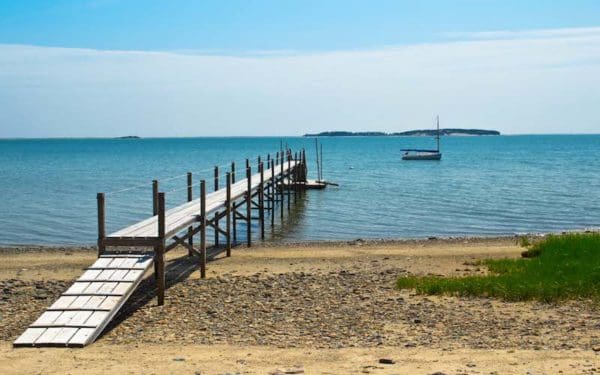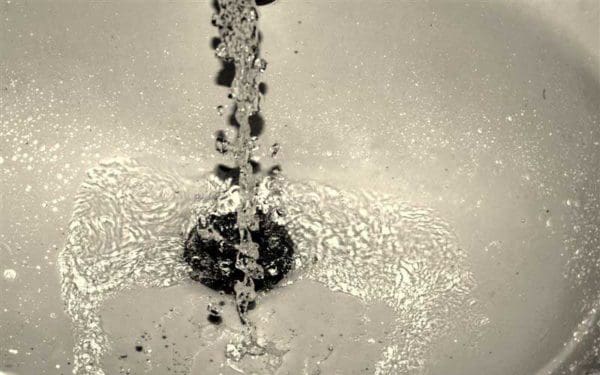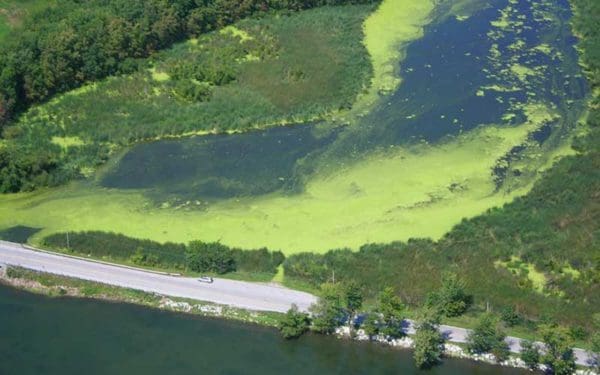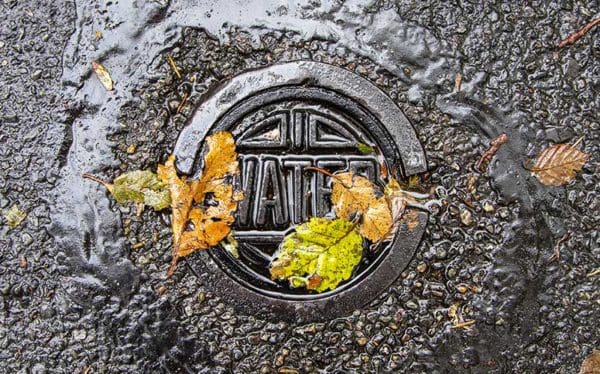Aug 08, 2022
In one part of Boston, there’s the Charles River. In another, the Mystic. Both were once heavily polluted. But where the Charles has become the poster child of environmental success, the Mystic tells a different tale – one that exposes a region divided along racial and economic lines.
Jun 24, 2022
“Governor Sununu let New Hampshire down today,” said Tom Irwin, Vice President of CLF New Hampshire. “While we ultimately need to move away from landfilling, it’s critical that the state develop strong laws regarding how and where these facilities are allowed to be located. All landfills eventually leak toxic pollutants and this bill would have ensured that our waters are better protected. The legislature must override this veto.”
Sep 08, 2021
Through a eelgrass restoration pilot project, CLF and our partners hope to learn how to help bring life back to the Great Bay Estuary.
Jul 07, 2021
We just launched a pilot project to see if eelgrass harvested in one area can be transplanted successfully in another. What we learn will help us understand if we can jumpstart the recovery of the ecosystem that depends on this underwater plant.
Jun 16, 2021
“For years, our state and local leaders have allowed wastewater systems to cause the scourge of toxic algae in Cape Cod’s bays and ponds,” said Christopher Kilian, Vice President of Strategic Litigation at CLF. “It’s time to turn off the tap and stop the flow of wastewater pollution into the Cape’s waters. Residents and visitors deserve to enjoy healthy bays and ponds, and officials need to solve this problem once and for all”
Apr 12, 2021
“The decision not to regulate more of these toxic chemicals in our water is deeply disturbing,” said Jen Duggan, Vice President and Director of CLF Vermont. “It doesn’t make sense to continue this whack-a-mole approach to removing these chemicals from drinking water. People’s health will suffer as a result of this decision.”
Oct 01, 2020
“Wastewater pollution is one of the greatest issues facing Cape Cod,” said CLF President Bradley Campbell. “We’ve known for decades that this pollution is destroying the Cape’s bays and ponds and threatening to drag property values and the economy down with it. Residents clearly understand the urgency of this crisis, and it’s about time our officials to end the pattern of do-little and delay and commit to solving the problem. ”
Sep 14, 2020
Every New Hampshire resident should be able to turn on their taps without wondering if the water is safe to drink. Yet a judge’s order to postpone testing of public water systems for dangerous chemicals is leaving residents in the dark about how best to keep themselves and their families safe.
Jul 07, 2020
It will take a suite of strategies to rebound from the COVID-19 crisis, but one that should not be overlooked is the Lake Champlain clean-up effort. The federally mandated work to clean up our iconic waterbody can help fuel Vermont’s recovery from the pandemic – creating a win-win for our environment and economy, both in the short-term and in the future.
Nov 12, 2019
Polluted runoff is harming our lakes, rivers, streams, and ocean. To solve the stormwater pollution problem, we must address its largest source: the storm sewers of our cities and towns. Maine’s Department of Environmental Protection is proposing a new permit program that will not only limit and control the volume of pollution flowing from the storm sewers in our communities but also require cities and towns to devise plans to prevent that pollution in the first place.
